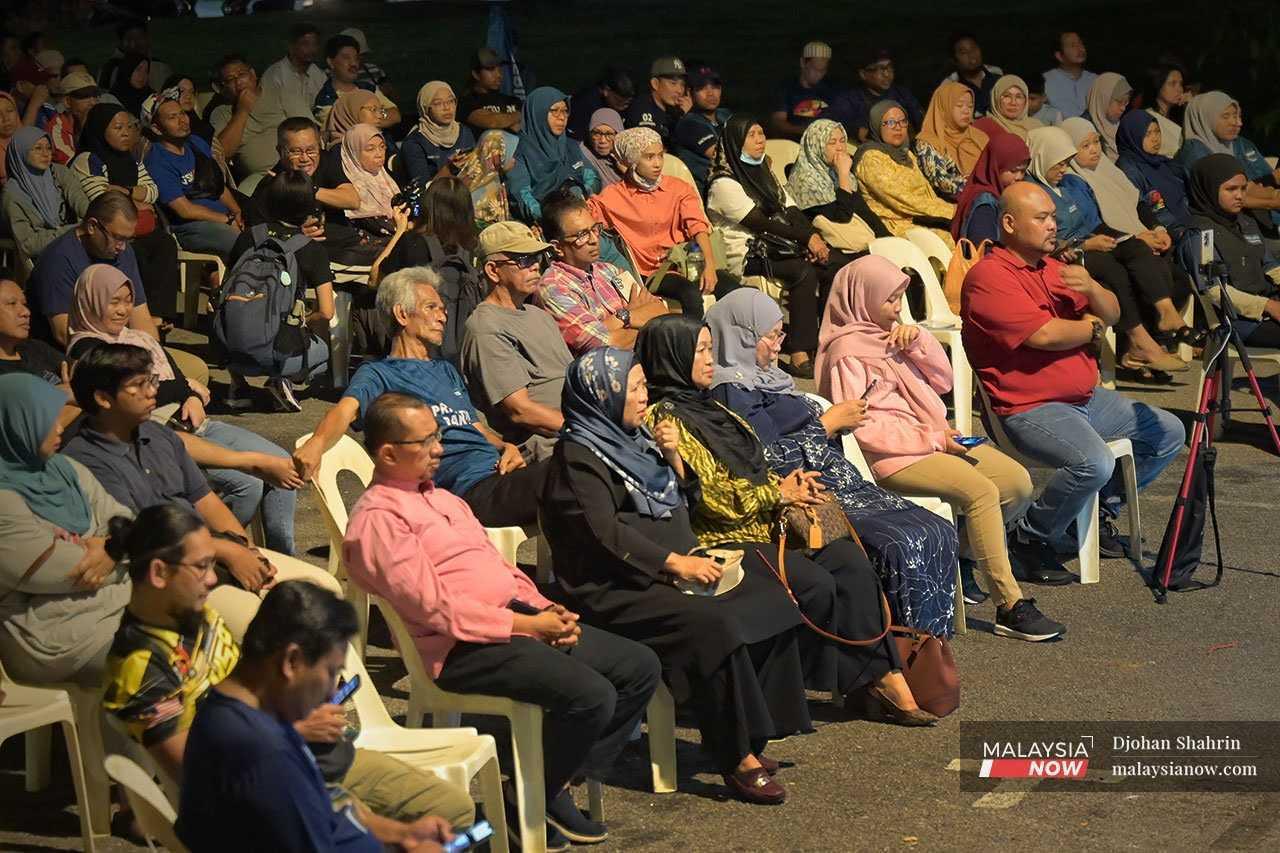Former Penang deputy CM on Anwar's reading of the Malay mind
P Ramasamy says that while the prime minister does read the Malay mind, whether he reads it correctly seems unclear.
Just In
Does Prime Minister Anwar Ibrahim understand the Malay mind? Is he reading, not reading, or misreading the Malay political mood?
If he is misreading or not reading the Malay political mood, then it is only logical to assume why he needs to save his long-term friend – Umno's embattled president Ahmad Zahid Hamidi – from the ignominy of criminal prosecution.
In a recent decision by the High Court acting on the advice of former attorney-general Idrus Harun, Zahid was given a discharge not amounting to an acquittal (DNAA).
Anwar defended the decision as the constitutional prerogative of Idrus, saying that he had not interfered with the judiciary or advised Idrus on what had to be done.
The decision to grant DNAA to Zahid has come with a huge political cost. The question is: how come Anwar, having been immersed in politics for so long, could have condoned the DNAA for Zahid considering its inflammatory political consequences?
If Anwar wanted to save the unity government and go for at least one term, then he must have clearly misread the Malay mind.
However, knowing Anwar very well, this might not be his nature in politics.
It is more appropriate to term him a Machiavellian because there is much more to Anwar than the mere idea of saving Zahid or Umno.
Umno's support is crucial for the stability of the present unity government. The criminal prosecution of Zahid would have brought about not the collapse of Umno but the unity government as a whole, something that Anwar, being in office for 10 months, might not have been amenable to accepting.
In this regard, it cannot be said that Anwar is misreading the Malay political mood, but reading the mood to stay alive and relevant in politics.
I think Anwar is reading the Malay mind, but whether he is reading it correctly seems unclear.
Anwar wants to be the prime minister for more than one term. He knows that Zahid's DNAA is only for the short-term political stability of the unity government. If Anwar is relying on short-term political stability, then it can be said that he is not reading or misreading the Malay political mood.
But Anwar, being a "political animal", wants to go beyond the confines of Umno. He knows very well that Umno, with its present leadership, is an immense liability for the unity government. He badly wants to escape this political entrapment. In other words, he is reading the political mind of the Malays.
For a person who has suffered humiliation and political marginalisation, one term in office is not sufficient. This is what Umno could give him to the maximum.
Anwar wants a prolonged period of stay in office. This requires badly needed Malay support – support that has gone over to the side of the opposition. It is not just about the green wave; it is just that the Malays do not want to waste their time with a party riddled with corruption, one that has embraced DAP.
Anwar might have a broader vision of what is necessary, but this vision might not necessarily be altruistic in nature.
I do not think it is correct that Anwar is not reading or misreading the Malay mind.
Yes, he knows about Malays' thinking of politics and why they have chosen to abandon the unity government.
For obvious reasons, Anwar might want to go along with Umno, even at the expense of granting a DNAA to Zahid. But then, Anwar knows that the future of the Malays is definitely not with Umno, Pakatan Harapan, or the unity government.
The question is: when and under what political circumstances might Anwar want to reach out to the Malay forces in the opposition, if he has not already done so?
Can we say that Anwar's close reading of the Malay mind means, among other things, that he might abandon not just Umno but also DAP for long-term political stability in Malaysian politics?
P Ramasamy is a former deputy chief minister of Penang.
The views expressed in this article are those of the author(s) and do not necessarily reflect the position of MalaysiaNow.
Subscribe to our newsletter
To be updated with all the latest news and analyses daily.
